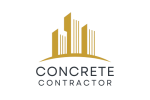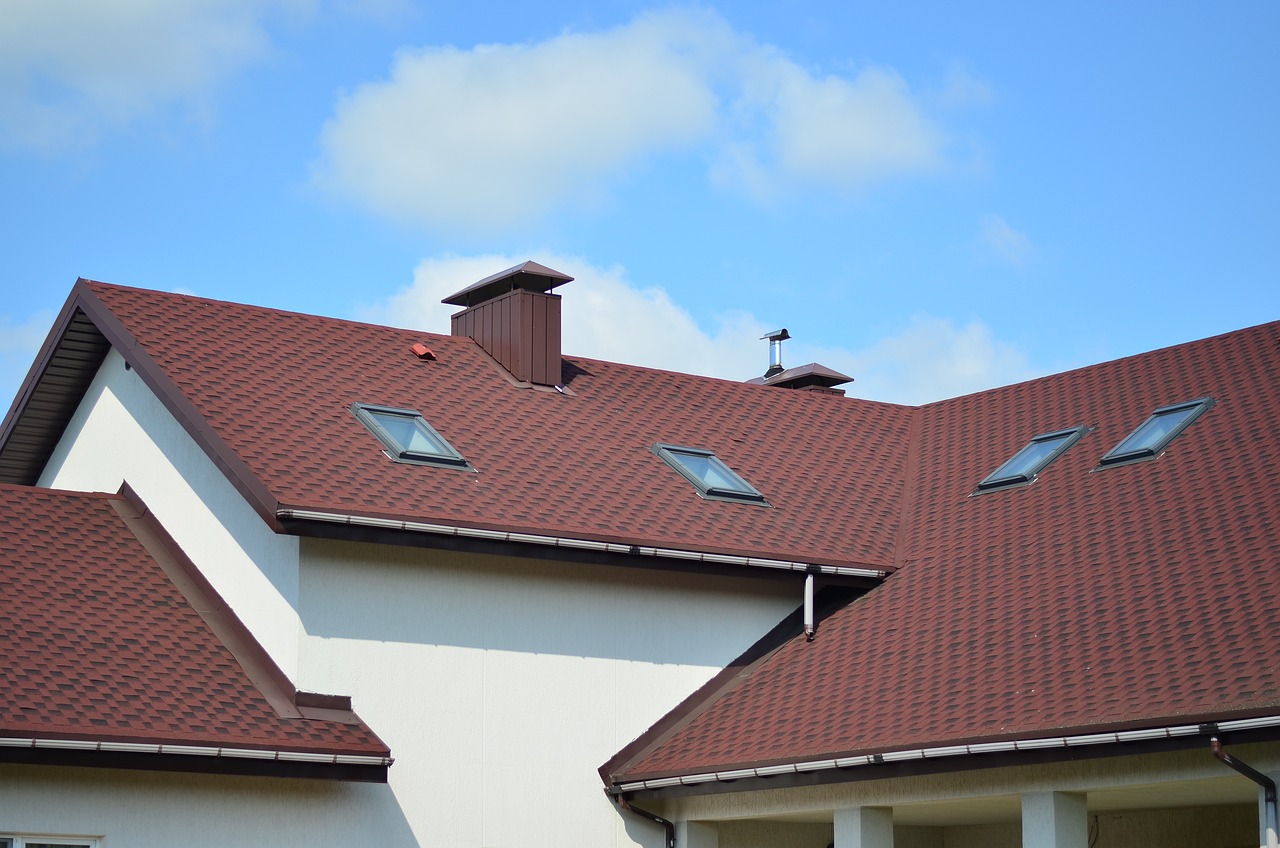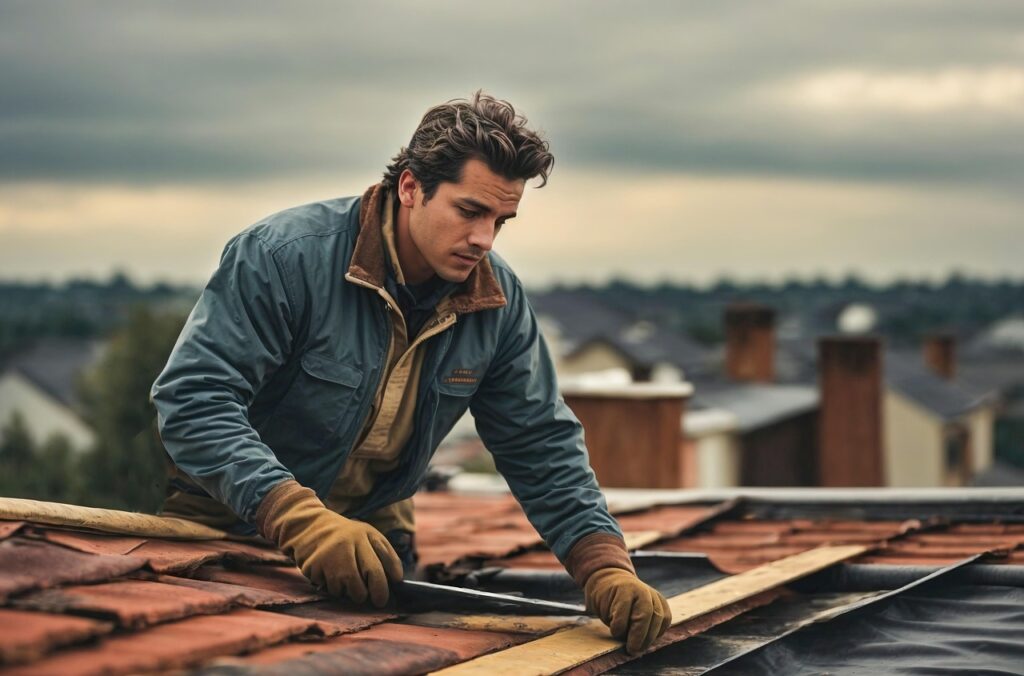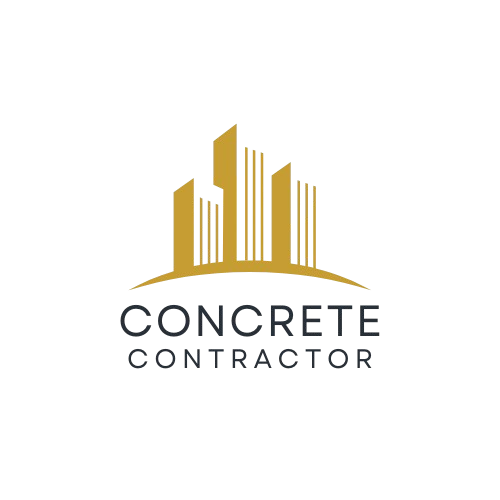The Ultimate Guide to Roof Inspections : How Often Should You Check Your Roof for Maximum Protection?
Your roof is one of the most critical components of your home, especially in areas with harsh winters, heavy snowfall, and unpredictable weather that can take a toll on its durability. Regular roof inspections are essential to catch problems early, prevent costly repairs, and extend the lifespan of your roof. But how often should you inspect your roof? Let’s break it down.
Why Roof Inspections Matter
Extreme weather conditions pose unique challenges for homeowners:
- Heavy Snowfall: Snow accumulation can lead to ice dams, which damage shingles and cause leaks.
- Freeze-Thaw Cycles: Repeated freezing and thawing can weaken roofing materials over time.
- High Winds: Storms can loosen shingles or cause debris to damage your roof.
Regular inspections help you stay ahead of these issues, ensuring your roof remains in top condition year-round.
How Often Should You Inspect Your Roof?
1. Twice a Year (Spring and Fall)
The best practice is to schedule a professional roof inspection at least twice a year:
- Spring: Check for damage caused by winter weather, such as cracked shingles, ice dam leaks, or sagging areas.
- Fall: Prepare your roof for the upcoming winter by addressing any vulnerabilities, like loose shingles or clogged gutters.
These seasonal inspections are crucial to prevent winter-related damage and ensure your roof is ready for the next season.
2. After Major Storms or Severe Weather
Severe weather, from heavy snowstorms to high winds, can cause unexpected roof damage. After any significant weather event, it’s a good idea to:
- Visually inspect your roof for missing shingles, dents, or debris.
- Check your attic for signs of leaks or water damage.
- Call a professional roofing contractor for a thorough assessment if you notice any issues.
3. When Buying or Selling a Home
If you’re buying or selling a home, a roof inspection is a must. It ensures:
- The roof is in good condition and meets local building codes.
- There are no hidden issues that could lead to costly repairs down the line.
- You can negotiate repairs or replacements as part of the sale.
4. If Your Roof is Over 10 Years Old
Older roofs are more prone to wear and tear. If your roof is nearing the end of its lifespan (typically 20–25 years for asphalt shingles), consider:
- Increasing inspections to once every six months.
- Monitoring for signs of aging, such as curling shingles, granule loss, or frequent leaks.
- Consulting a roofing contractor to discuss repair or replacement options.
What Does a Roof Inspection Include?
A professional roof inspection typically covers:
Exterior Inspection:
- Checking for damaged, missing, or curling shingles.
- Inspecting flashing around chimneys, vents, and skylights.
- Assessing gutters and downspouts for clogs or damage.
Interior Inspection:
- Looking for water stains, mold, or mildew in the attic.
- Checking for proper insulation and ventilation.
Structural Assessment:
- Evaluating the roof’s overall condition and identifying potential weak spots.
- Providing a detailed report with recommendations for repairs or maintenance.
DIY vs. Professional Roof Inspections
While you can perform a basic visual inspection yourself, hiring a licensed roofing contractor offers several advantages:
- Expertise: Professionals know what to look for and can spot issues you might miss.
- Safety: Climbing on your roof can be dangerous, especially in icy or wet conditions.
- Peace of Mind: A thorough inspection ensures your roof is in good hands.
Signs You Need a Roof Repair or Replacement
Even with regular inspections, keep an eye out for these warning signs:
- Leaks or Water Stains: Indicate potential roof damage.
- Missing or Damaged Shingles: Compromise your roof’s integrity.
- Sagging Roof: Suggests structural issues that need immediate attention.
- High Energy Bills: Poor insulation or ventilation could be the culprit.
If you notice any of these issues, contact a professional roofing contractor right away.
Why Choose Local Roofing Experts?
Your region’s unique climate and building codes require contractors with local expertise. A reliable roofing contractor will:
- Understand how to weatherproof your roof for winter.
- Use materials suited to the region’s freeze-thaw cycles.
- Provide reliable, long-lasting solutions tailored to your home.
Schedule Your Roof Inspections Today
Don’t wait for a leak to discover your roof needs attention. Schedule a professional roof inspection with Best Concretes Contractors today to protect your home and extend the life of your roof!








